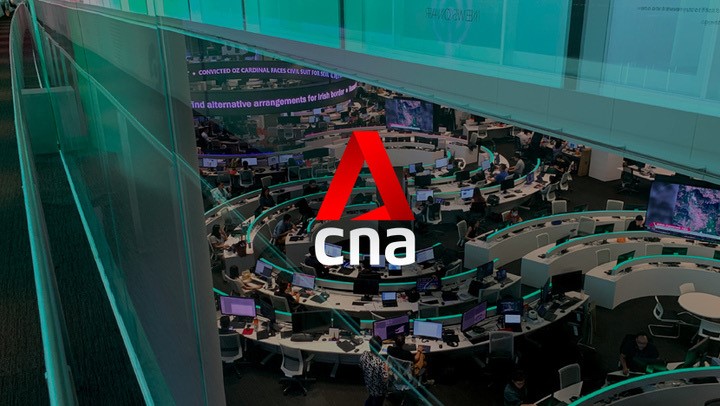WASHINGTON: The World Bank agreed to expand available funding for COVID-19 vaccine purchases and deployment to $20 billion from a previous target of $12 billion on Wednesday (June 30), noting a considerable increase in overall finance demand from developing nations. President David Malpass of the World Bank said the global development bank had already committed more than $4 billion to 51 developing nations for the acquisition and deployment of COVID-19 vaccines, and that the bank will shortly provide billions to another 25 countries.
READ: As WTO discussions continue, the World Bank opposes a waiver of intellectual property rights for the COVID-19 vaccine.
“Much more will be arriving in the next weeks,” Malpass told reporters, stressing that 41 requests had been received from African countries with fewer than half of the population vaccinated.
The World Bank, the International Monetary Fund, and the World Health Organization issued a joint statement urging G20 countries to accept vaccination objectives of at least 40% by the end of 2021 and 60% by the first half of 2022.
They also encouraged the G20 big nations, whose finance officials will meet in Italy next week, to set a goal of sharing at least 1 billion vaccine doses with developing countries this year, as well as to raise funding and remove trade obstacles in the vaccine supply chain.
DOSES FOR RELEASE
Malpass also reiterated his demand for countries with excess dosages to release them, as well as any opportunities for further doses, for use by poor countries with proper distribution strategies.
He added that the World Bank would continue to urge governments and pharmaceutical corporations for greater openness in vaccine contracts, alternatives, and agreements.
“We’re at war with the vaccine,” Malpass said, adding that limited supplies and high demand necessitated having enough data to keep production moving.
READ: Access to COVID-19 vaccine is a top priority for the IMF and the World Bank in the fight to stop the pandemic
“COVID-19 isn’t going away anytime soon. It will be a long-term conflict.” The decision to raise vaccination funding reflects growing worry about the widening gap in vaccination rates between developed and developing economies, according to World Bank officials. During the epidemic, the World Bank’s managing director for operations, Axel van Trotsenburg, observed a large increase in overall financing demand from poor nations, not just health-related expenditure. Since the start of the crisis, he told reporters, the World Bank’s International Bank for Reconstruction and Development and the International Development Association have made credit pledges totaling about US$100 billion, well exceeding the regular amount of just under US$60 billion. He predicted that the high demand for finance would continue well beyond 2022. Many middle-income countries in Latin America have been demanding financing from the bank, with requests totaling over US$1 billion received in the last six weeks alone, according to Van Trotsenburg. Countries can use the World Bank’s vaccine funding package to purchase vaccine doses from COVAX, the new African Vaccine Acquisition Task Team (AVATT), and other sources. ADD THIS TO YOUR BOOKMARKS: Our in-depth coverage of the COVID-19 pandemic and its progression For the most up-to-date information on the coronavirus outbreak, download our app or follow us on Telegram: https://cna.asia/telegram/n


